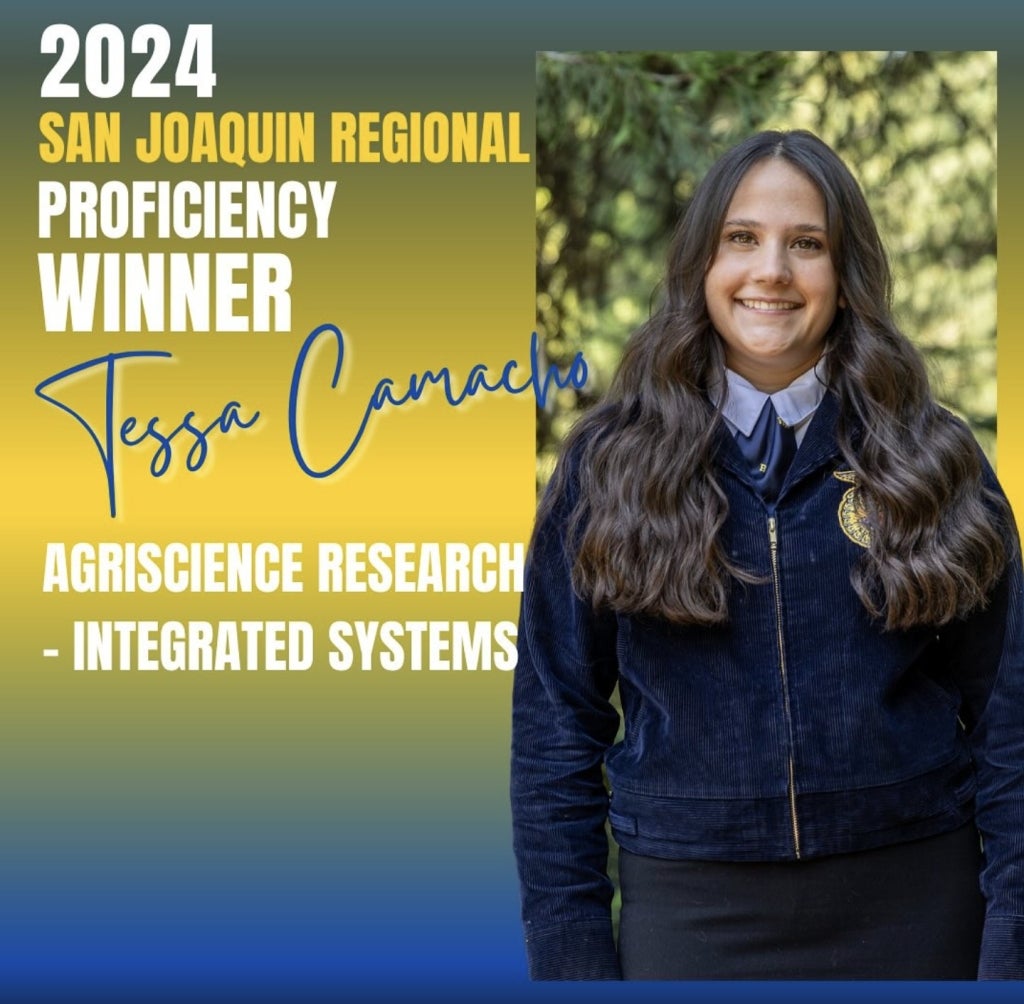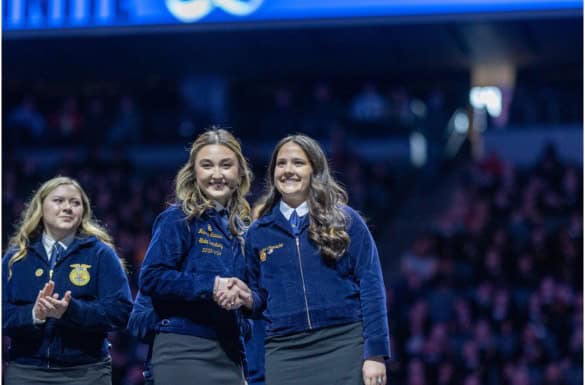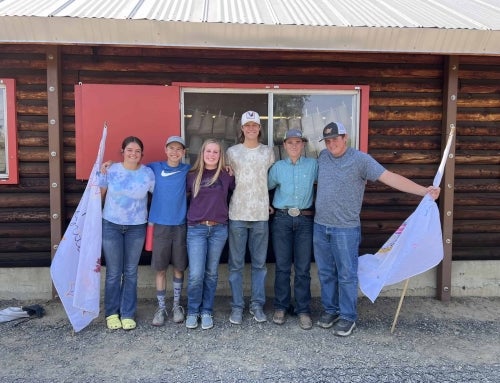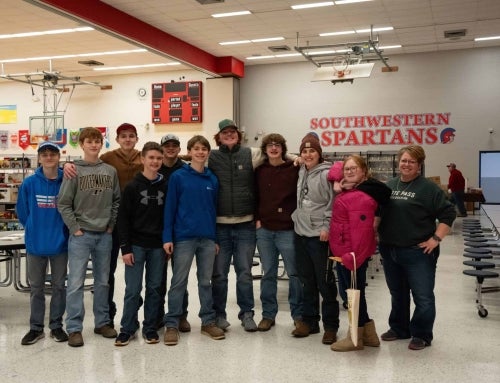
Tessa Camacho receives recognition as a San Joaquin Region FFA proficiency winner.
In the aftermath of a devastating wildfire, the scorched earth can seem hopeless, with recovery taking up to a year. But what if a simple substance could speed up this process? One FFA member’s groundbreaking project offers a promising answer.
A Passion for Community Recovery
Tessa Camacho is a senior from the O’Neals Minarets FFA Chapter in California. Living in an area extremely prone to wildfires, Camacho is passionate about helping her community. “After a fire has destroyed a forest, it can take more than a year for that forest to start the regeneration process,” she says.
Camacho’s passion led her to begin her Supervised Agricultural Experience (SAE) agriscience project. Her project involves testing horticultural charcoal to determine if it boosts the germination rate of floor-level plants after a forest fire.
Overcoming Research Challenges
Throughout this project, Camacho has encountered obstacles, but her drive to leave an impact on her community has led her to overcome these challenges and continue with her inspiring task.
“The hardest challenge I faced was finding an accurate way to run my experiment,” she says. “It’s hard to get accurate results on a science project based on a forest when you can’t test in an actual forest. But I was able to overcome this challenge through research and adaptation.”
After countless hours of research and experimentation, Camacho made a breakthrough: the charcoal didn’t just help — it more than doubled the germination rate of the plants, igniting new possibilities for post-wildfire recovery.
As an FFA member, Camacho has developed valuable skills in leadership, responsibility, teamwork and communication. Her agriscience project and FFA experiences taught her the importance of asking for help. Although she was initially hesitant to seek assistance, she realized that doing so shows dedication and keeps the project moving forward, preventing it from stalling.
Achievements and Future Aspirations
Camacho’s hard work and dedication have led her to accomplish outstanding achievements within FFA. In March, she was named the first high individual for her agriscience project at the state level, she recently qualified to compete at the national level. Only the top 10 projects in the nation qualify for the National Agriscience Fair. When she received the email announcing she was within the top 10, “It felt like all of my hard work had finally paid off,” she says.

In the future, Camacho aspires to become an agriculture instructor. She plans to apply to California Polytechnic State University, San Luis Obispo, to further her education in agriculture science. This project has shaped her love for science and helped her discover the courses she would like to teach in the near future.
Camacho offers one piece of advice: failure isn’t final. “Failure doesn’t have to be bad,” she adds. “It took multiple tries to get my experiment right to get accurate results. If I had given up the first time my project failed, I wouldn’t be where I am today. Keep trying new things, and don’t be afraid to ask questions!”
Camacho’s project reflects her resilience, passion and commitment to her community. By overcoming challenges and embracing collaboration, she’s achieved significant success and laid the foundation for a future in agricultural education. Her journey is a powerful reminder that true impact comes from persistence, innovation and the courage to keep moving forward.











